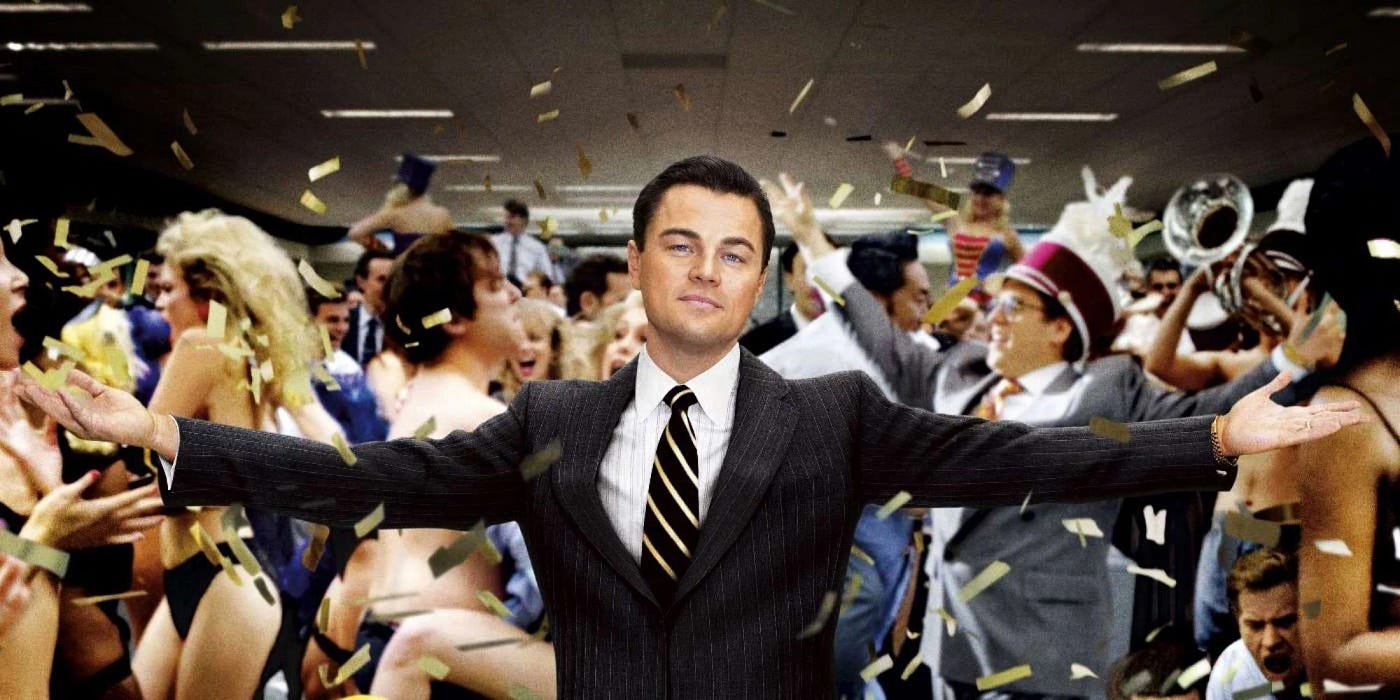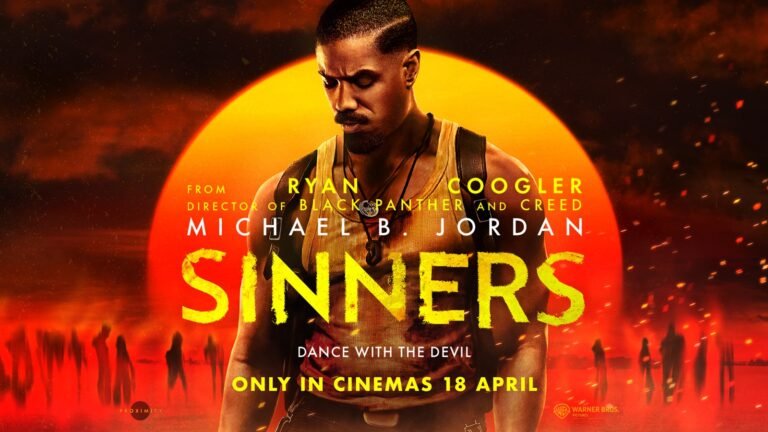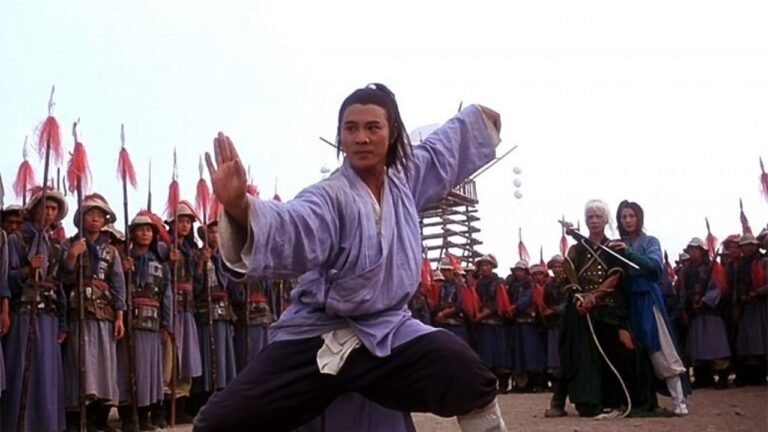
Released in 2013 and directed by Martin Scorsese, “The Wolf of Wall Street” quickly became a cultural phenomenon and has since cemented its status as a modern classic. Starring Leonardo DiCaprio in one of his most iconic roles, the film chronicles the rise and fall of Jordan Belfort, a stockbroker who engaged in rampant corruption and fraud on Wall Street. Based on Belfort’s autobiography, the film’s mixture of dark comedy, moral ambiguity, and memorable performances has made it a standout piece of cinema. Let’s delve into the elements that have contributed to the film’s enduring appeal and why it has achieved classic status.
Masterful Direction by Martin Scorsese
Martin Scorsese is a legendary filmmaker known for creating compelling, character-driven stories that explore the darker sides of human nature. In “The Wolf of Wall Street,” Scorsese employs his signature style to craft a narrative that is both thrilling and morally intriguing. His direction combines frenetic pacing with meticulously detailed scenes, creating a film that is as chaotic as it is engrossing. Scorsese’s ability to balance humour, debauchery, and tragic downfall is key to the film’s success.
Leonardo DiCaprio’s Career-Defining Performance
Leonardo DiCaprio’s portrayal of Jordan Belfort is one of the standout elements of the film. DiCaprio brings a magnetic energy to the role, making Belfort both charismatic and reprehensible. His performance captures the essence of a man who is both a product and a manipulator of his environment. DiCaprio’s ability to oscillate between charm and menace, exuberance and desperation, provides a nuanced portrayal that elevates the entire film.
His comedic timing, especially during the film’s absurd and debauched sequences, adds an additional layer of entertainment value. DiCaprio’s performance is a masterclass in capturing the intense depth of a morally ambiguous character, contributing to the film’s timelessness.

A Stellar Ensemble Cast
While DiCaprio’s performance is central, “The Wolf of Wall Street” features an exceptional supporting cast that adds depth and vitality to the story. Jonah Hill delivers a breakout performance as Donnie Azoff, Belfort’s eccentric and loyal business partner. Hill’s comedic prowess and chemistry with DiCaprio provide some of the film’s most memorable moments.
Margot Robbie’s portrayal of Naomi Lapaglia, Belfort’s second wife, adds another layer of complexity. Robbie’s performance captures both the allure and the anguish of being entangled in Belfort’s world. Additionally, the presence of seasoned actors like Matthew McConaughey and Rob Reiner further enrich the narrative landscape.
Dark Humour and Satire
“The Wolf of Wall Street” is, at its core, a dark comedy that satirizes the excesses of Wall Street. The film pulls no punches in depicting the outrageous and often grotesque behavior of its characters, from drug-fueled parties to morally dubious business practices. The humour is sharp and unrelenting, serving as a critique of the greed and excess that defined the financial world in the 1980s and 1990s.
This balance of dark humour and satire makes the film not only entertaining but also thought-provoking. It forces audiences to confront the absurdity and destructiveness of the financial elite’s actions, making its social commentary both relevant and impactful.

Visual and Auditory Extravaganza
Scorsese’s use of visual and auditory elements in “The Wolf of Wall Street” creates an immersive experience. The film’s dynamic cinematography, characterized by rapid camera movements and inventive shots, mirrors the chaotic and fast-paced nature of Belfort’s life. The use of slow-motion sequences and dramatic close-ups further enhances the storytelling.
The soundtrack, featuring a mix of classic rock, pop, and contemporary tracks, complements the film’s energetic tone. Music is used strategically to amplify the highs and lows of the story, making key scenes even more memorable. This seamless integration of visual and auditory elements contributes to the film’s lasting impact.
Moral Ambiguity and Ethical Questions
One of the reasons “The Wolf of Wall Street” resonates so deeply is its exploration of moral ambiguity and ethical dilemmas. The film does not present Belfort as a straightforward villain, nor does it make a martyr out of him. Instead, it allows viewers to draw their own conclusions about his actions and their consequences.
This lack of clear moral judgment challenges audiences to reflect on their own values and beliefs. It raises important questions about the nature of ambition, success, and the ethical compromises people make in pursuit of wealth and power. By refusing to provide easy answers, the film maintains a level of ambiguity that ensures its continued relevance.

Cultural Impact and Quotable Dialogue
“The Wolf of Wall Street” has left an indelible mark on popular culture, with numerous scenes and lines of dialogue becoming iconic. From Belfort’s rousing speeches to his infamous “I’m not leaving!” declaration, the film is rich with moments that have entered the cultural lexicon.
These quotable lines and memorable scenes have helped the film maintain its popularity, with references appearing in memes, parodies, and various forms of media. This cultural impact ensures that “The Wolf of Wall Street” remains a touchstone in discussions about cinema and finance.
Real-Life Inspiration and Authenticity
The fact that “The Wolf of Wall Street” is based on the true story of Jordan Belfort adds another layer of intrigue. The real-life events that inspired the film lend authenticity to the narrative, making it all the more compelling. Audiences are often fascinated by stories of real people whose lives are far removed from their own experiences.
Belfort’s involvement in the film’s production, along with his public appearances and interviews, adds credibility to the portrayal. This connection to real events and people makes the film’s outrageousness more believable and its cautionary message more impactful.

“The Wolf of Wall Street” has achieved timeless classic status due to its masterful direction, outstanding performances, dark humor, and thought-provoking themes. Martin Scorsese’s vision, combined with Leonardo DiCaprio’s career-defining portrayal of Jordan Belfort, creates a film that is both entertaining and profound. By blending satire with social commentary, the film captures the excesses and ethical failings of an era, making it relevant for generations to come.
Its cultural impact, memorable dialogue, and ties to real-life events further cement its place in cinematic history. “The Wolf of Wall Street” is not just a film; it’s a bold statement about human nature, ambition, and the corrupting influence of wealth and power, ensuring its enduring appeal and classic status.




